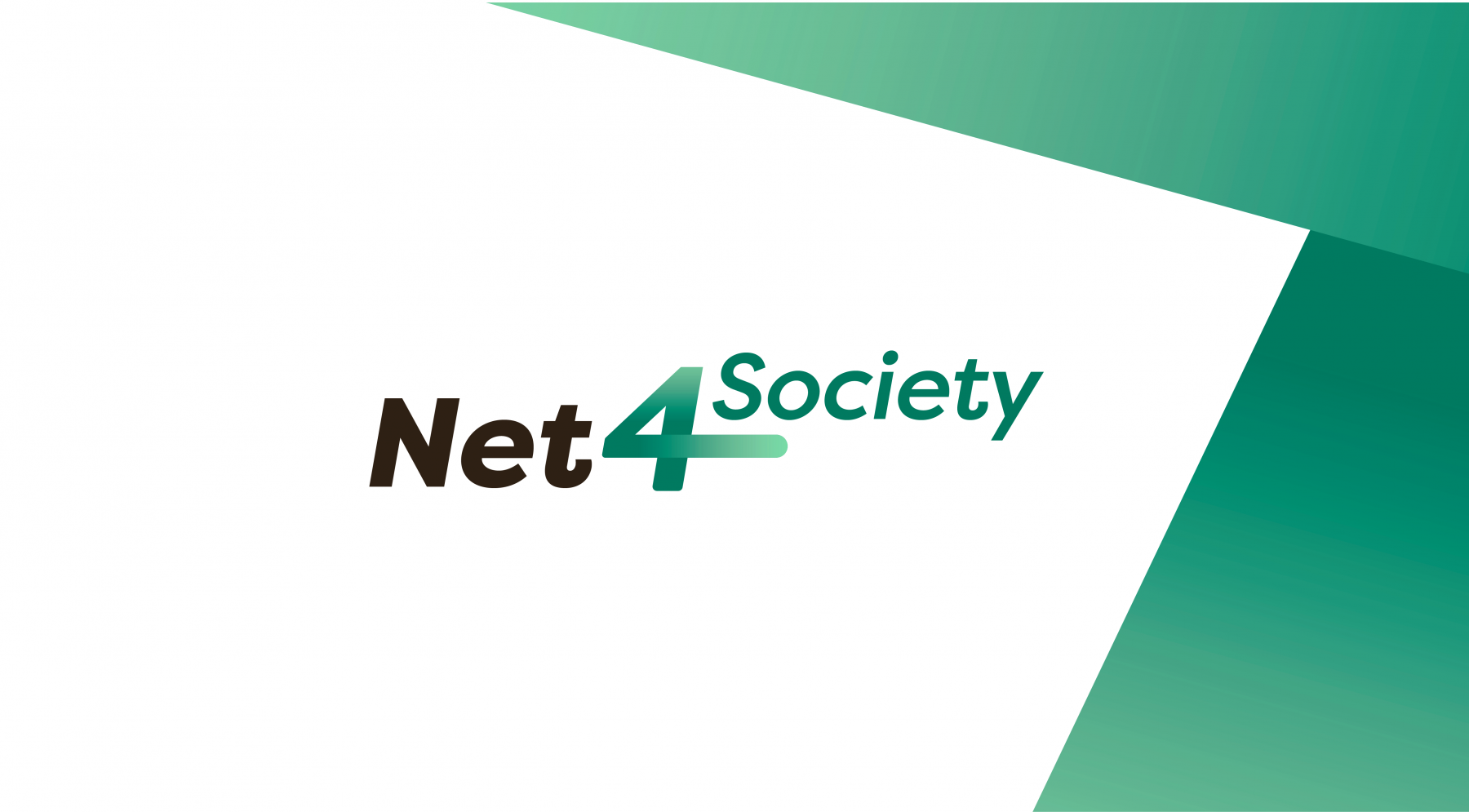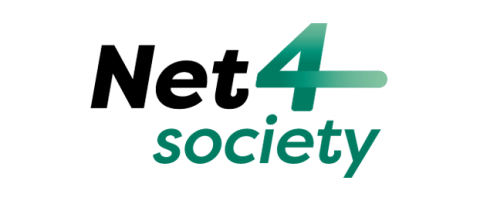Open Call with SSH opportunities on Transition Pathways

Published on: 22/09/2023
Deadline:
Deadline for pre-proposal submission: 21 November 2023, 13:00 CET.
Deadline for full proposal submission: 30 April 2024, 13:00 CET.
Weblink (URL):
Short Call Abstract:
The purpose of this Call for proposals is to support transnational research and/or innovation projects addressing urban challenges to help cities in their transition towards a more sustainable economy and functioning.
The challenges are grouped into three themes each of which is organised in three different topics
15-minutes City Transition Pathway (15mC):
Topic 1: Integrated Policies and Evidence to Reduce Car-dependency: projects are invited to shed light on, elaborate and test integrated policy and governance toolkits, building on existing knowledge and shaping them towards specific local practical contexts in partner cities
Topic 2: Mobility and Planning Policies for Proximity-oriented Developments: project are invited to explore and cocreate future scenarios for neighborhood centers and investigate pathways to secure or increase accessibility in relation to the six core urban functions: Living, working, learning, caring, supplying and enjoying.
Topic 3: Empower People for Urban Mobility Transitions: projects in this topic are invited to contribute to bringing together, creating and promoting international synthesis of relevant concepts, methods and practice focusing on the areas of involvement and empowerment of urban dwellers for the mobility transition and including awareness building, incentives and public communication.
Positive Energy Districts Transition Pathway (PED):
Topic 1: Energy Resilience and Energy Poverty: Concepts for integrating local solutions (PEDs) into a regional perspective need to be reviewed and further developed in terms of implementation feasibility in a short- to medium-term perspective. Social aspects play an important part in this context. A strong focus needs to be put on developing strategies towards the engagement of the local public for decentralisation strategies and needs to focus on empowerment and capacity building, as well as organisational and financial support.
Topic 2: Urban Regeneration and Refurbishment: This topic addresses the challenges of implementing technical solutions with process and social innovation. The focus lies on the elaboration of feasible strategies for neighbourhood-oriented regeneration processes that demonstrate pathways for transforming existing urban structures into net-zero/climate-neutral neighbourhoods as building blocks for an overall decarbonisation of existing infrastructure.
Topic 3: Enabling Systems for Local Energy Transitions: Collaboration and Sustainable Investment: There is a clear need to provide districts or neighbourhoods with an effective institutional basis in relation to the diverse transitions at hand, the energy transition being one of the most urgent. New tools that work on a district scale level are needed to facilitate further PED development.
Circular Urban Economies Transition Pathway (CUE):
Topic 1: The Built Environment as a Resource Base: Proposals submitted to this Call topic are encouraged to address one or more of the following questions*:
-
- How can urban planning and urban rehabilitation practices contribute to optimising the use of existing urban spaces and buildings?
- How can design, form and artistic perspectives contribute to developing tools and methods to support the reuse and recycling of waste material? What measures, tools, methods would allow the promotion of material reuse at a territorial or broader scale?
Topic 2: Knowledge and optimisation of resource flows between urban and rural areas: Project proposals submitted under this topic should address at least one of the following question:
- What are new forms of, and how can management strategy, planning, design, policy and governance improve for each resource the urban-rural-regional continuum, to support common solutions with the urban-rural realm in mind, and ensure “solutions” that do not move problems from one of these realms to the other?
- How do resource and circular flows in the urban-rural-regional continuum vary in different regions in Europe, and how can learnings and solutions be applied across cases?
Topic 3: Planning and Designing urban areas with Nature: Towards a Regenerative Urbanism:
Proposals are invited to explore different methods of designing with nature at a variety of scales. This can include a variety of nature types, such as water, soil, trees and plants. Using living plants to clean up soil, air and water contaminated with hazardous contaminants, that is phytoremediation technologies, could also be considered under this topic. Project proposals submitted under Topic 3 should address at least one of the following questions:
- How can planning development include architecture and designing with nature, through nature-based solutions, to ensure net-positive change, climate adaptation and mitigation, and provision of ecosystem services, at different scales, for all inhabitants in cities and urban areas?
- How can indigenous, traditional, design and local knowledge create opportunities in parallel with governance, financial, societal structures, and scientific and technical understanding of designing with nature?
- What are possible socio-economic barriers and/or opportunities for designing with nature? How can nature based solutions contribute to the realisation of a just transition?
- How can architecture and designing with nature, be integrated into municipal planning strategies and territorial management instruments?
*Selected questions, for full list of questions see topic text
SSH aspects (keywords/disciplines):
Economics, Sociology, Political science, Law, Human Geography, Cultural heritage
Specific participation requirements (optional):
- Each proposal must be submitted by a consortium consisting of at least three eligible Applicants from at least three different participating countries
- Projects are expected to be focused on urban area (including peri-urban area) issues and challenges;
- all projects must clearly engage stakeholders and demonstrate user needs relevant to the project goals (see Annex A for individual funder rules);
- Strongly recommended transdisciplinarity, involvement of “stakeholders”, practitioners, citizens and inhabitants, community groups, and NGOs;
- interdisciplinary approach required (SSH & STEM collaboration);
- highly recommended the inclusion of diversity (including gender dimension) or specific population considerations
For more details please check the call document text
Countries
Austria, Belgium, Bulgaria, Canada, Cyprus, Czech Republic, Denmark, Estonia, Finland, France, Germany, Greece, Hungary, Korea, Iceland, Italy, Latvia, Lithuania, Netherlands, Poland, Portugal, Romania, Slovenia, Spain, Sweden, Switzerland and Türkiye.

